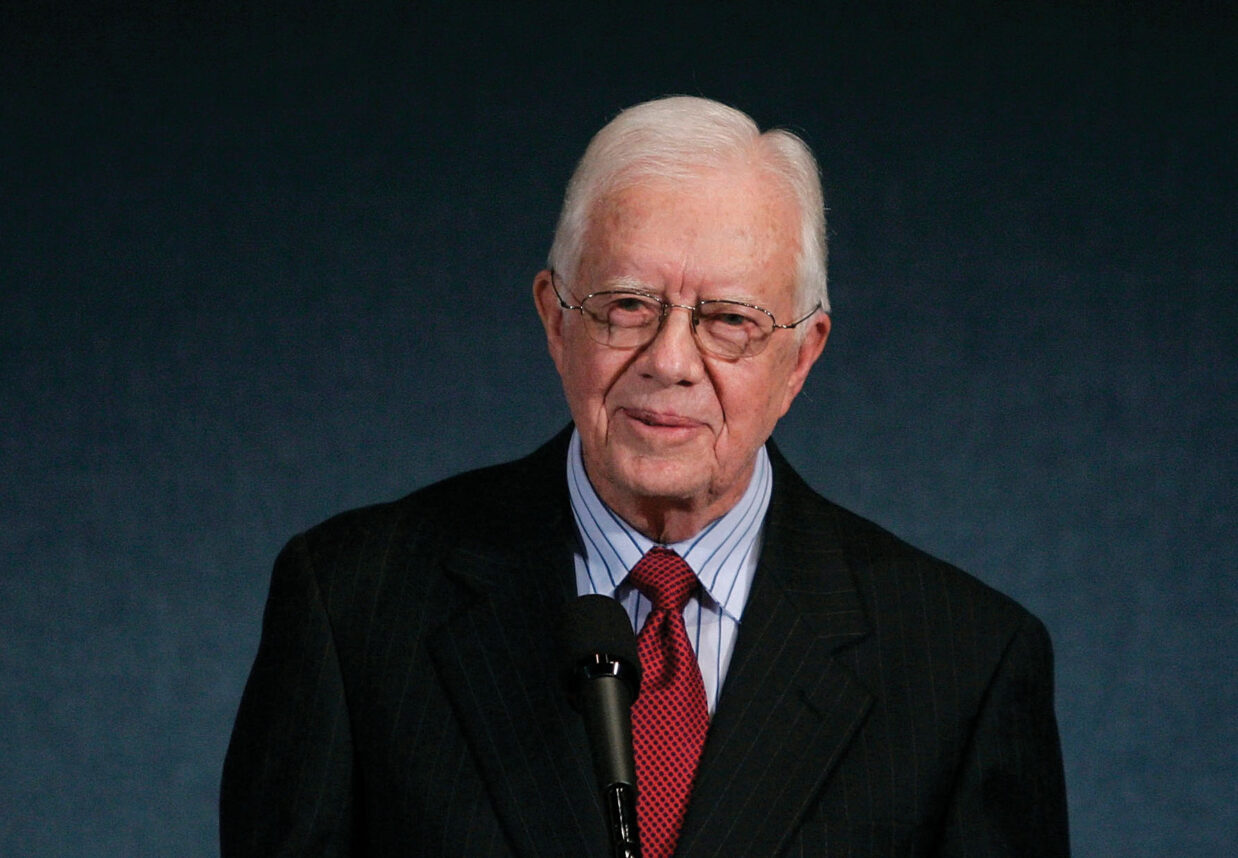Brussels ; Ten years ago, when Yahoo was the leading search engine, Yahoo chat was the leading social messaging services, and Hi5 was the preferred social networking portal for young people, no one knew that Google and Facebook would have taken their place.
Yahoo, MySpace, and Hi5 global rankings did not fell because of any action against them. Instead they fell through aggressive advertising and competition from their rivals at Google and Facebook.
But in a seemingly surprising twist of faith, the technology tables is apparently turning again, as both Facebook and Google is facing a battle with the European parliament, that is seeking to break both companies up.
Expressing concerns about Mark Zuckerburg’s control over the social networking lives of hundreds of millions of Europeans via Facebook, complimented by Google’s far reaching influence over the EU’s web search appetite, the European parliament has agreed that Facebook, Google and Apple’s technological dominance on the continent must be broken up.
The European parliament has since demonstrated its seriousness yesterday (27 November, 2014) by approving a resolution aimed at breaking up Google, and is also preparing a similar legislation targeting Facebook.
Industry analysts have since suggested that if Europe should get its way, then such a move can potentially be the beginning of the fall of Google, and Facebook.
The European Parliament had said that the move against Google and Facebook is aimed at “unbundling search engines from other commercial services” and to further ensure that European companies and consumers are enjoying a level technological playing field.
Google currently controls more than ninety percent of all search queries in Europe, while Facebook holds on to the status of being the most popular social network on the continent.
Both companies also respectively hold the number one search engine and number one social networking ranking globally.






















 More news and opinions than at a Shabbat dinner, right in your inbox.
More news and opinions than at a Shabbat dinner, right in your inbox.